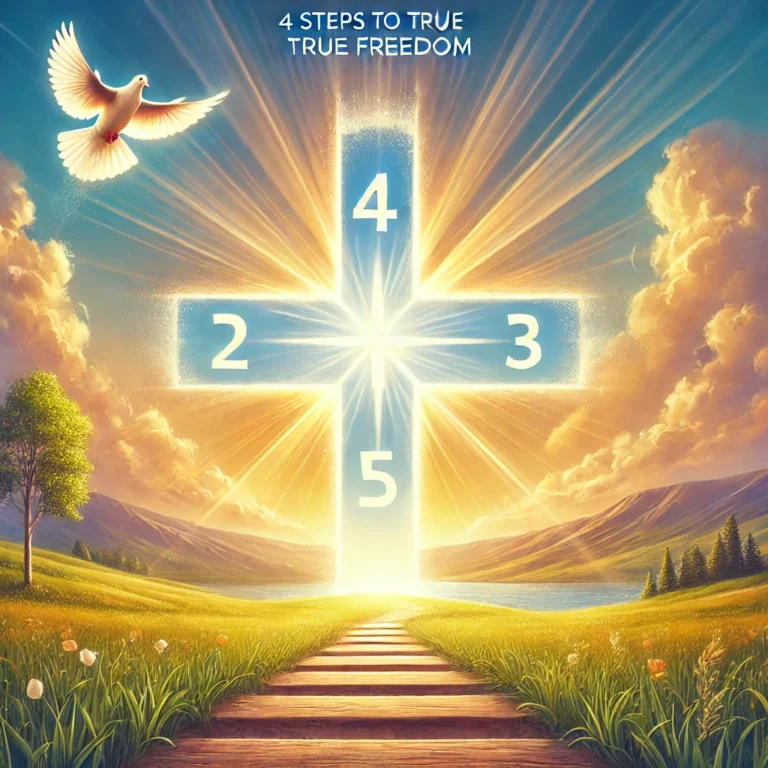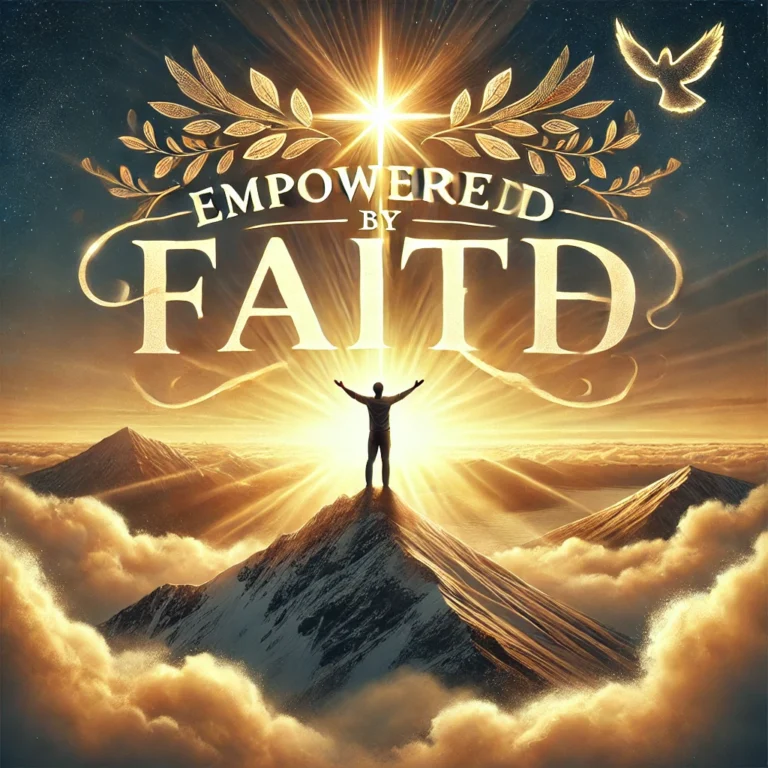
The legal definition of murder can vary slightly depending on the jurisdiction, but generally, it involves the unlawful killing of another human being with malice aforethought. Here’s a broader breakdown of key elements often included in the legal definition of murder:
- Unlawfulness: The act of killing must be illegal. Justified killings, such as those in self-defense or under certain war conditions, are not classified as murder.
- Killing: The act must result in the death of another human being. This can include direct actions like shooting or stabbing, or indirect actions that lead to death, like setting a deadly trap.
- Malice Aforethought: This is a critical element that differentiates murder from other forms of unlawful killing like manslaughter. It can include:
– Intent to kill.
– Intent to inflict grievous bodily harm.
– Reckless indifference to an unjustifiably high risk to human life (depraved heart).
– Intent to commit a felony (felony murder rule applies in some jurisdictions).
Examples from U.S. Law
Federal Law:
In the United States, under federal law (18 U.S.C. § 1111), murder is defined as:
– First-degree murder: Killing that is willful, deliberate, malicious, and premeditated, or committed during certain dangerous felonies (like arson, robbery, or kidnapping).
– Second-degree murder: Any other type of murder that does not meet the criteria for first-degree. This may include spontaneous killings (without premeditation) but committed with malice aforethought.
State Law:
State definitions can vary largely but follow similar principles. For example:
California Penal Code § 187 defines murder as “the unlawful killing of a human being, or a fetus, with malice aforethought.”
– New York Penal Law § 125.25 defines murder in the second degree as an unlawful killing with intent to cause the death of another person; first-degree murder includes specific circumstances (like killing a police officer).
Legal Distinctions
Understanding how murder is classified and distinguished from other forms of unlawful killing:
Manslaughter**: Unlawful killing without malice aforethought. This can be voluntary (in the “heat of passion”) or involuntary (due to reckless behavior without intent to kill).
– Justifiable Homicide: Killing allowed under the law, such as self-defense.
– Negligent Homicide: Causing death through negligent actions without intent to harm.
Conclusion
The exact definition and required elements for proving murder can depend heavily on the specifics of local legislation. It’s always advisable to consult the statutory definitions and case law of the relevant jurisdiction for accurate legal interpretation.
Molech
From a Christian perspective, Molech (also spelled Molek or Moloch) is typically regarded as a Canaanite deity associated with child sacrifice, and whose worship was strictly condemned in the Bible. Here’s a detailed breakdown:
1. Biblical References: Molech is mentioned several times in the Old Testament, and his worship is presented as an abominable practice. Key passages include:
– Leviticus 18:21: “You shall not give any of your children to offer them to Molech, and so profane the name of your God: I am the Lord.”
– Leviticus 20:2-5: This passage prescribes the death penalty for anyone giving their offspring to Molech.
– 2 Kings 23:10: King Josiah defiled Topheth to prevent people from sacrificing their children to Molech.
2. Nature of Worship: Molech worship is most infamously associated with child sacrifice, which ancient texts describe as burning children alive as offerings. This was seen as a detestable practice by the Israelites and a significant reason why God condemned the nations practicing such rites.
3. Geographical Associations: The worship of Molech is often linked with the Valley of Hinnom (Gehenna) near Jerusalem. This valley was considered cursed because of the sacrifices offered to Molech there (Jeremiah 7:31).
4. Israelite Practices: There were periods in Israelite history, especially during times of apostasy, when some Israelites fell into the practice of worshipping Molech. These practices were generally introduced through influence from neighboring pagan cultures and were contrary to the Mosaic Law.
5. Theological Significance: From a Christian theological perspective, worship of Molech is viewed as a severe sin because it directly contravened the commandments of God. It represents the ultimate defilement and turning away from the worship of Yahweh, the God of Israel, to engage in barbaric and detestable practices.
6. Symbolism: In Christianity, Molech often symbolizes the extremes of pagan idolatry and the grave consequences of abandoning the worship of the true God. It serves as a cautionary example of the corruption and moral decay that can result from idolatry.
While the historical and archaeological details about Molech and the specifics of the worship practices remain somewhat debated among scholars, within the Christian doctrinal framework, Molech is unambiguously condemned and serves as a potent symbol of idolatry’s dangers and the ethical imperatives of the Christian faith.
Understanding Molech from a Christian perspective necessitates a reading of these ancient scriptures through the lens of their moral and religious instruction for Israel, and by extension, for adherent Christian readers today.
Old Testament
- Deuteronomy 18:10
– “There shall not be found among you anyone that maketh his son or his daughter to pass through the fire, or that useth divination, or an observer of times, or an enchanter, or a witch.”
- 2 Kings 17:17
– “And they caused their sons and their daughters to pass through the fire, and used divination and enchantments, and sold themselves to do evil in the sight of the Lord, to provoke him to anger.”
- Jeremiah 19:4-5
– “Because they have forsaken me, and have estranged this place, and have burned incense in it unto other gods, whom neither they nor their fathers have known, nor the kings of Judah, and have filled this place with the blood of innocents;
– They have also built the high places of Baal, to burn their sons with fire for burnt offerings unto Baal, which I commanded not, nor spake it, neither came it into my mind.”
- Ezekiel 16:20-21
– “Moreover, thou hast taken thy sons and thy daughters, whom thou hast borne unto me, and this hast thou sacrificed unto them to be devoured. Is this of thy whoredoms a small matter,
– That thou hast slain my children, and delivered them to cause them to pass through the fire for them?”
New Testament
- Matthew 18:6
– “But whoso shall offend one of these little ones which believe in me, it were better for him that a millstone were hanged about his neck, and that he were drowned in the depth of the sea.”
- Mark 9:42
– “And whosoever shall offend one of these little ones that believe in me, it is better for him that a millstone was hanged about his neck, and he were cast into the sea.”
- Luke 17:2
– “It were better for him that a millstone was hanged about his neck, and he cast into the sea, than that he should offend one of these little ones.”
- Ephesians 6:4
– “And, ye fathers, provoke not your children to wrath: but bring them up in the nurture and admonition of the Lord.”
These verses illustrate strong prohibitions against harm to children and highlight the responsibility of nurturing and protecting the young.




